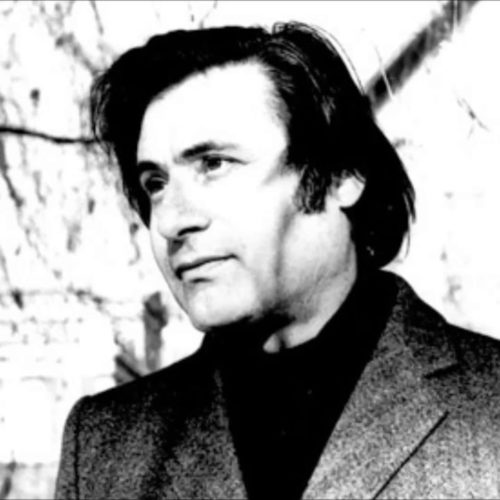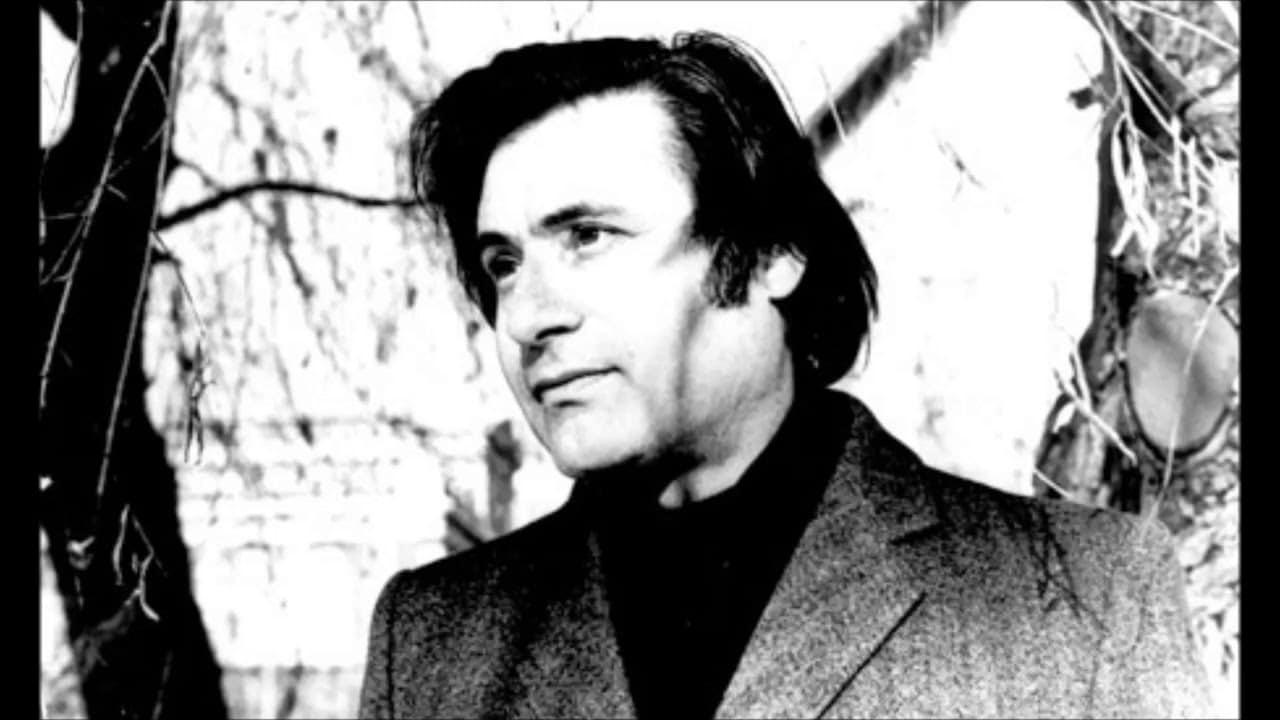Soviet composers had to face both ways to survive
mainFrom the Lebrecht Album of the Week:
In the latter years of the Soviet Union, a composer could be cast out by the system and still sustained by it. Alfred Schnittke, when his symphonies were removed from performance, was given commissions to write music for the film industry by the Composers Union chief Tikhon Krennikov, the very apparatchik who had ordered the ban on his symphonies.
Nikolai Kapustin, who wrote disapproved jazz scores, was for much of his career the resident pianist of the main symphony orchestra of Moscow Radio, an ensemble which occasionally agreed to perform his non-socialist works, only to refuse at the last moment. This two-faced Janus of a state bred an extraordinary resilience and versatility in its composer citizens….
Read on here.
And here.

In French here.
Spanish here.
Czech here.






Probably a system coming soon to a concert hall or University near you when the likes of of Philip Ewell take over the cultural institutions of the west. Better hide those Beethoven CDs or face going to a re-education camp.
“Cunning as he was, he never left any traces”…
“Now, how can I allow what I never forbade in the first place?” – as Khrennikov told Rozhdestvensky concerning Schnittke’s 1st symphony, in Gorky I think…
That elusive Tovarish Tichon Nikolayevich!…
Shostakovich was similarly treated by Khrennikov, Kabalevsky, and worse, suriving also on cartoon music and films. Khatchaturian “got too close to power”. PRKFV was his own acerbic self with Western gambling debts, Svetlanov, Schnittke, Kondrashin, Rostropovich, Baryshnikov, Volkov, Nureyev, Vishnevskaya, all felt the lash. But Khrennikov survived to 90 pus in his vast apartment suites, “the evil genius of Soviet music.” Pasternak, Akhmatova, Blok, Solzhenitzen, Ehrenburg, Oistrakh Kagan,, Tsvetayeva, Vainberg, Tukachevsky, how many others?